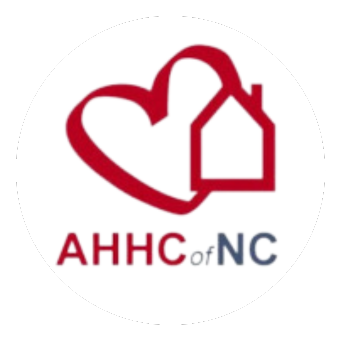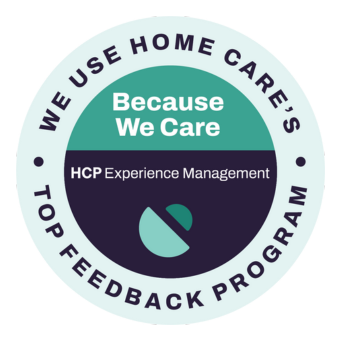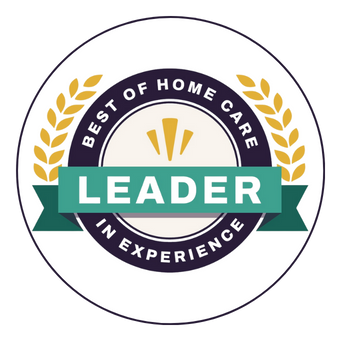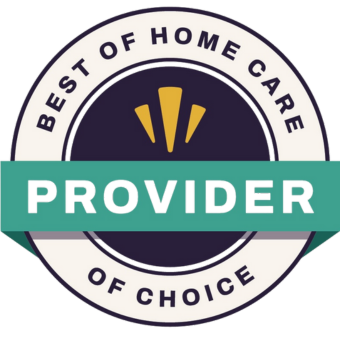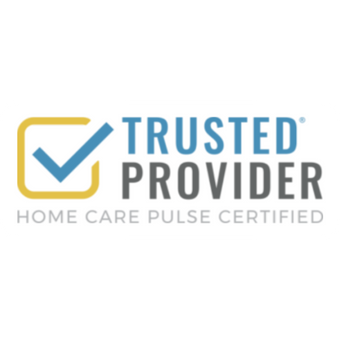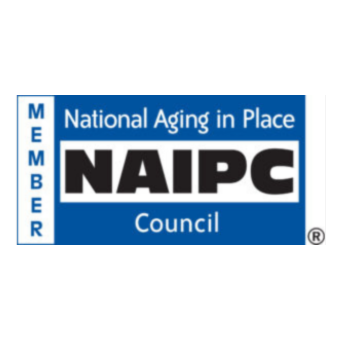Home Care in Wake County NC
Your loved one may be fortunate to still have their driver’s license and the freedom that imparts. As they age, you both will want to be aware of how various medications may affect their ability  behind the wheel. A study conducted for the US Department of Transportation/National Highway Traffic Safety Administration determined that “drivers were 1.2 to 7.5 times more likely to have been involved in a motor vehicle crash if they had taken medications in 35 of 90 medication classes identified as potentially-driver-impairing (PDI).” While in many instances personal discretion determines if one should drive, some prescription drugs are illegal to take while driving.
behind the wheel. A study conducted for the US Department of Transportation/National Highway Traffic Safety Administration determined that “drivers were 1.2 to 7.5 times more likely to have been involved in a motor vehicle crash if they had taken medications in 35 of 90 medication classes identified as potentially-driver-impairing (PDI).” While in many instances personal discretion determines if one should drive, some prescription drugs are illegal to take while driving.
Adverse Reactions
Many medications have side-effects that can lead to potentially dangerous driving conditions. Some of these effects include drowsiness, decrease in awareness and reaction time, blurred vision, dizziness and loss of coordination. These effects may lead to weaving, dangerously reduced speeds or delayed reactions that can result in collisions. Hypotension is also a possible side-effect and one that can cause dizziness, blurred vision and confusion. Medications known to have the potential of interfering with the ability to drive safely are referred to as potentially-driver-impairing medications.
Medications To Be Aware Of
Both prescription and over-the-counter medications can have an effect that warrants caution when considering driving under the influence. Prescription medications that are known for their potential ability to interfere with driving include:
- Central Nervous System Depressants such as barbiturates and benzodiazepines which include Valium and Xanax.
- Antidepressants such as Prozac or Zoloft.
- Antipsychotics
- Sleep medications
- Pain Relievers such as opioid-based drugs.
Over-the-counter medications to be aware of include:
- Cough Medicines
- Antihistamines
- Decongestants
Options
When under the influence of certain drugs, driving should be avoided. Other medications, if taken within a certain dose range, afford minimal risks. If your parent has recently started taking a new medication or over-the-counter drug, it’s best if they will agree to postpone getting behind the wheel for a week or two while you both observe the associated effects. In order to ensure safe driving, your parent’s home care provider may be able to adjust the dose, or the time of day that your parent takes it, or change to a different medication entirely.
Home Care Provider
If you or your loved one have any concerns about their driving ability while under certain medications, it’s best to play it safe and provide alternative transportation. A home care provider not only assists with the daily activities of living, but offers transportation solutions as well as accompanying you loved one to appointments and special events.
If you or an aging loved one are considering home care in Wake County, NC or the surrounding areas, please contact the friendly staff at HomeChoice Home Care Services. Call today (919) 847-5622
Resources: Leroy A, Morse MM, for the US Department of Transportation/National Highway Traffic Safety Administration. Exploratory study of the relationship between multiple medications and vehicle crashes: analysis of databases. Washington, DC: U.S.DOT/NHTSA;2008:

